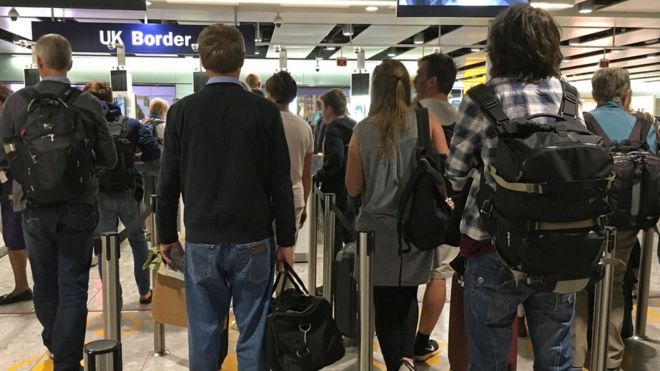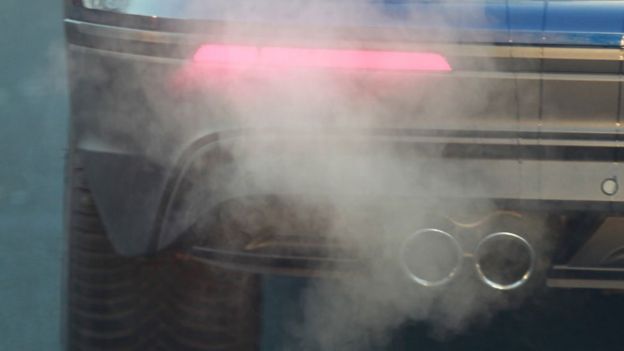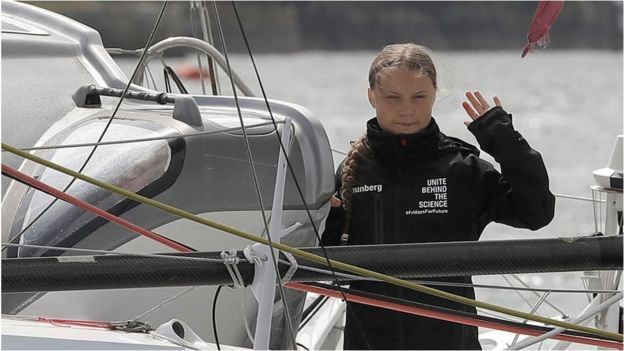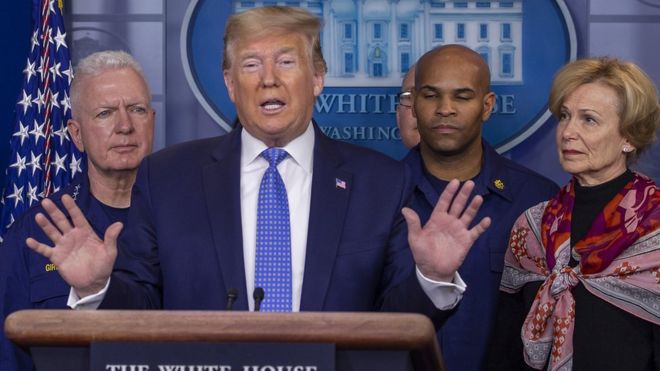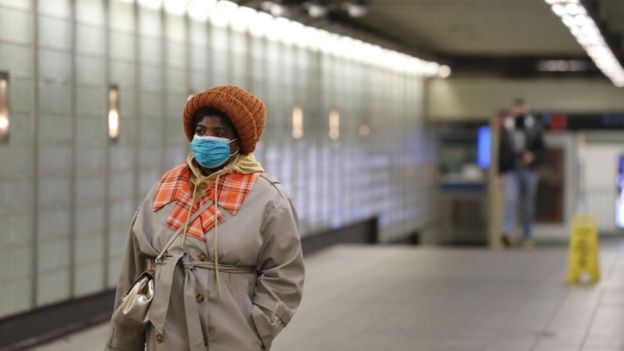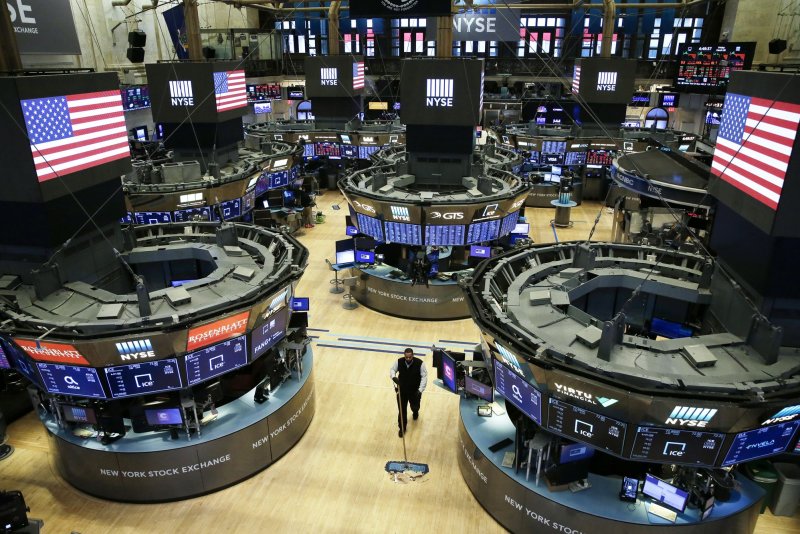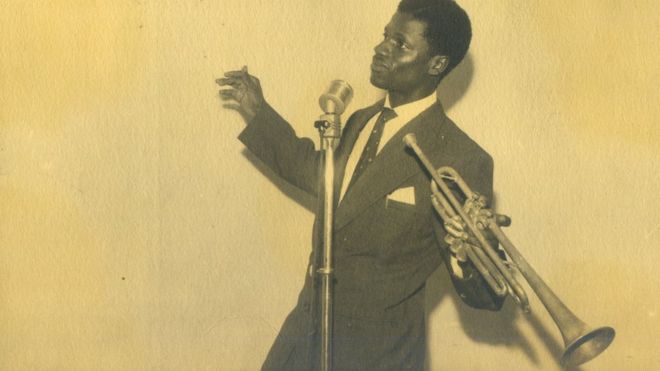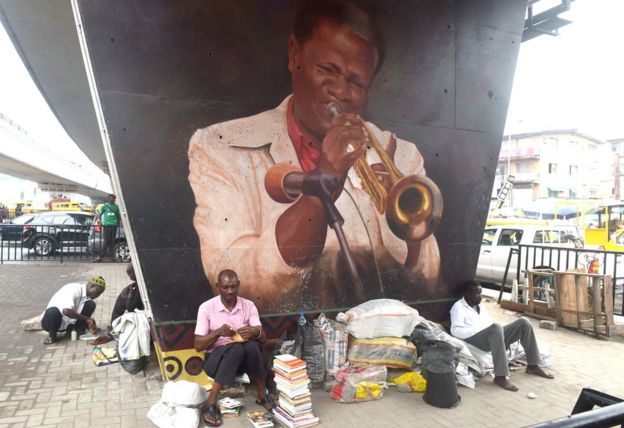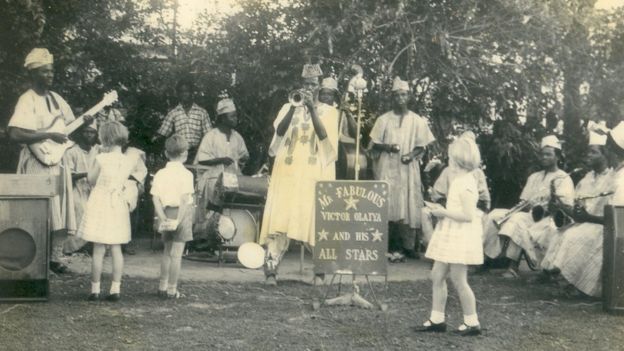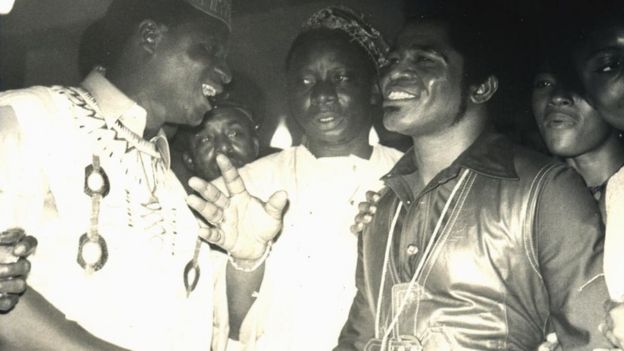___
CLAIM: Please be advised that within 48-72 hours the president will evoke what is called the Stafford Act. The president will order a two week mandatory quarantine for the nation. The National Guard will mobilize and martial law will go into effect. Stock up on whatever you need to make sure you have an adequate supply of everything.
THE FACTS: Screenshots of text messages are circulating in group chats and on social media warning that the U.S. will go into lockdown and that martial law will go into effect. The texts are often attributed to a friend of a friend or a relative who knows someone working in an official capacity for the U.S. government or a medical institution. They claim the government — sometimes federal, sometimes state or local — is about to put a quarantine in place and people won’t be allowed to leave their homes for weeks. The National Security Council knocked down the rumors on Twitter. “As we saw over the wkend, disinfo is being spread online about a supposed national lockdown and grounding flights. Be skeptical of rumors. Make sure you’re getting info from legitimate sources,” the council tweeted Thursday. The texts first emerged on a local level with messages saying that New York and Washington state would go under lockdown, with later claims suggesting that the whole nation would enforce a lockdown. President Donald Trump said at a briefing Friday that he has no plans for a national lockdown at this time. “I don’t think we’ll ever find that necessary,” he told reporters.

___
CLAIM: Using a blow dryer to shoot hot air into your sinuses will kill the new coronavirus.
THE FACTS: Medical professionals said taking such action would be dangerous and would not kill the new coronavirus. Social media users are sharing clips from a 6-minute video that suggests that heat kills the coronavirus and applying heat to your nose will help eliminate it. The false claim is one of many around the new virus which doctors are actively trying to debunk. “False! Please don’t. Our nose carries bacteria, as part of normal flora. Those bacteria may get confused,” tweeted Faheem Younus, who specializes in infectious diseases at the University of Maryland. The World Health Organization has said that hand dryers cannot kill the new coronavirus and noted that the virus can still be transmitted in hot and humid climates. Dr. Jen Caudle, a family physician and associate professor at Rowan University in New Jersey, also confirmed that blowing hot air into a nose will not prevent or cure the new coronavirus. “Depending on how hot the blow dryer gets, I would be concerned with some adverse effects,” she said. Doctors like Younus and Caudle are using their social media platforms to debunk myths around the virus that has infected more than 200,000 worldwide.

___
CLAIM: Research by scientists at the University of Queensland in Australia has proven that bananas bolster the immune system due to the super source of vitamin B-6 and helps prevent coronavirus.
THE FACTS: As researchers rush to develop a vaccine to stop the spread of the coronavirus, a video circulating on social media falsely claimed they had found a tie between preventing the virus and bananas. It’s not true. The 58-second video takes footage from an ABC Australia news segment, which aired in January about research at the Queensland university to create a vaccine for the virus, and combines it with a Wall Street Journal video on research around the vaccine. It then adds images of bananas overlaid with text suggesting the benefits of bananas in combating the virus. The ABC Australia and The Wall Street Journal videos, which are both available online, make no reference to bananas preventing or killing the coronavirus. A University of Queensland spokesperson told The Associated Press in an email that the video is fake and said they strongly recommend people do not share it. The claim spread in the Philippines in March after officials in the country claimed that bananas could kill the virus. While bananas are a good source of nutrients, including vitamin B6, fiber and potassium, there is no evidence that bananas can prevent or kill coronavirus.
__ _
_
CLAIM: The first person to receive an experimental coronavirus vaccine during testing in Seattle is a crisis actor
THE FACTS: All participants who volunteered for vaccine test being led by Kaiser Permanente Washington Research Institute in Seattle were screened and had to meet a set list of criteria. They were not hired as actors to simulate a role. After researchers began the first round of testing on an experimental vaccine, posts began circulating on social media claiming the first person tested was a crisis actor. To support the claim, the posts falsely suggested that volunteers were injected with saline and that a needle not used for vaccines was used. Both are false. The AP was granted exclusive access to observe the first injections. No saline shots were given as part of the study and photos taken by the AP confirm that the vaccine was given by intramuscular injection. To find participants, Kaiser Permanente advertised for volunteers in the Seattle area. Subjects were screened by phone, and had to meet a set list of criteria. Those who met the criteria were then medically assessed in person at the Kaiser Permanente facility. Some posts making the false crisis actor claim featured photos of Jennifer Haller, the first person to receive the test vaccine. The AP observed Haller, an operations manager at a small tech company, as she received the injection in an exam room. The testing that began Monday marked just the beginning of a series of studies in people needed to prove whether the shots are safe and could work. Even if the research goes well, a vaccine would not be available for widespread use for 12 to 18 months, said Dr. Anthony Fauci of the U.S. National Institutes of Health.
___
CLAIM: Coronavirus remains in the throat for four days, drinking water and gargling with warm water mixed with salt or vinegar eliminates the virus.
THE FACTS: Medical officials said there is no evidence that gargling with the mixture will combat the novel coronavirus. False posts containing the claim have been shared widely on social media. One widely shared post states: “Corona virus before it reaches the lungs it remains in the throat for four days and at this time the person begins to cough and have throat pains. If he drinks water a lot and gargling with warm water & salt or vinegar eliminates the virus. Spread this information because you can save someone with this information.” Dr. Robert Legare Atmar, Infectious Disease expert at the Baylor College of Medicine, told the AP while the virus may be detected in the throat for at least a week after the onset of symptoms, the information about gargling is false. “There is no evidence for coronavirus or other respiratory viruses that drinking water or gargling protect against subsequent infection and illness,” he said. “In fact, doing these activities might give people a false sense of security, which would be dangerous if it resulted in behavior that is more risky.” It can be detected in the throat for at least a week after symptom onset, at least in some people, Atmar said.
___
CLAIM: Parents who can’t find or afford baby formula right now, Enfamil and Gerber will send you a free case of formula.
THE FACTS: As consumers emptied store shelves stocking up on necessities in anticipation of shortages around the novel coronavirus, social media posts claimed that makers of baby formula would help ease any scarcity by sending a case of formula to those in need. “For parents who cannot find formula in stores for their babies right now, grab the can for formula that you do have and call the number on the back and they will send you a whole case during this time,” said one tweet posted just after midnight Monday. By Tuesday afternoon it had more than 21,000 shares and 16,000 likes. Both Gerber and Enfamil said the posts circulating online are not true, and emphasized they are working with retailers to keep shelves stocked.
___
This is part of The Associated Press’ ongoing effort to fact-check misinformation that is shared widely online, including work with Facebook to identify and reduce the circulation of false stories on the platform.
___
___







